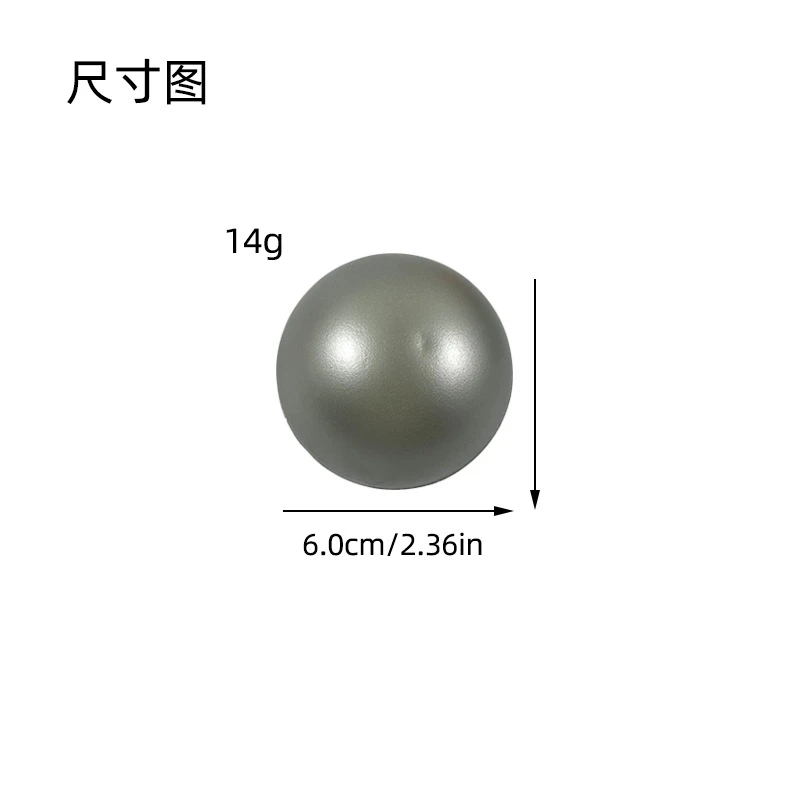Puppies have different nutritional needs compared to adult dogs. They require higher levels of protein, fats, vitamins, and minerals to support their rapidly growing bodies. While a balanced diet of high-quality puppy food typically provides these essential nutrients, there are instances where additional supplementation is beneficial. Factors such as dietary restrictions, health issues, or even specific breed requirements can influence a puppy's nutritional intake, making multivitamins a valuable addition.











